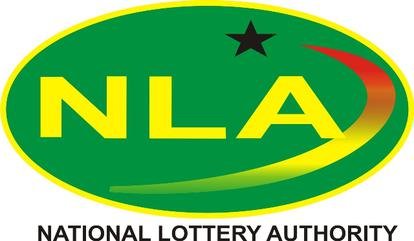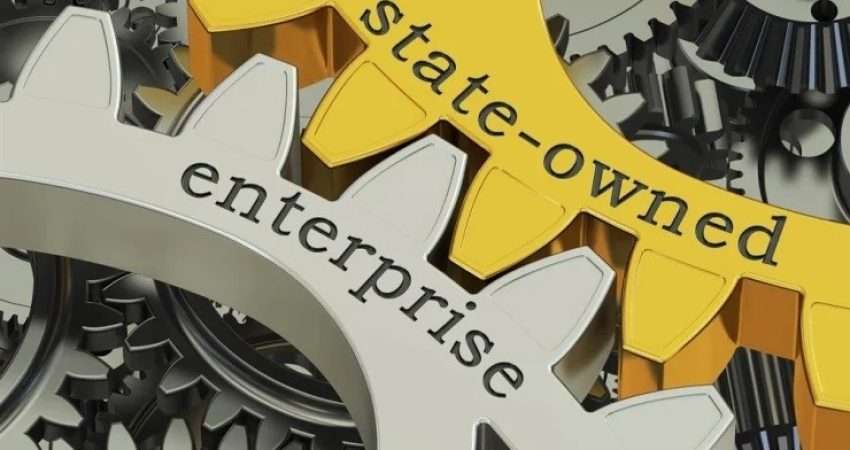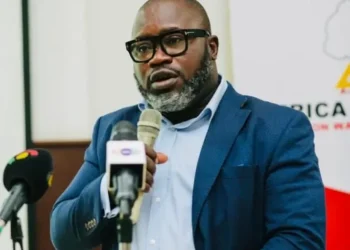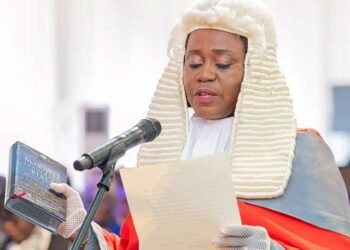The ongoing controversy surrounding NLA’s controversial donations to various public and private institutions has sparked a broader debate about the management of public funds in Ghana.
The National Lottery Authority (NLA) has come under scrutiny after revelations that its Good Causes Foundation provided financial support to high-profile offices, including the Attorney General’s (AG) Department and the Office of the Chief of Staff.
While the NLA has been at the center of public criticism, legal expert and Democracy and Development Fellow at CDD-Ghana, Prof. Stephen Kwaku Asare, has emphasized that the problem extends far beyond the lottery authority.
According to him, anecdotal evidence suggests that other state-owned enterprises (SOEs) are also engaging in similar practices, in some cases under political or institutional pressure.
Prof. Asare stressed that the matter goes to the very core of Ghana’s public financial discipline and should not be trivialized or reduced to partisan squabbles.
“It is important that we do not reduce it to the usual ‘kabi ma me nkabi’ (say some, make I say some) with no useful lessons learned and no policy prescriptions.
“It must be made abundantly clear that the practice is not sound. It is a form of looting. It represents a breakdown of public financial management.”
Prof. Stephen Kwaku Asare
Accordingly, Prof. Asare outlined ten key reasons why SOEs should never be allowed to make donations to ministries, departments, or agencies (MDAs), singling out the AG’s Department for special attention because of its involvement in the NLA scandal.
At the top of his list was the constitutional principle that only Parliament has the authority to allocate funds for MDAs. “Parliament controls the purse. Donations from SOEs sidestep this constitutional safeguard,” he explained.

He added that under the Public Financial Management Act, all public funds must flow through the Consolidated Fund. Off-budget donations, he warned, create “shadow accounts and slush funds” that are difficult to monitor and susceptible to abuse.
Prof. Asare also raised concerns about duplication and inefficiency. MDAs, he noted, already receive budgetary allocations for operations, training, and conferences.
Allowing SOEs to “top up” these funds only leads to “duplication, waste, and back-room dealings.”
Consequently, he cautioned that the practice could create a dangerous precedent.
“If the AG’s Department can take donations, why not the Police, Judiciary, or Electoral Commission? This opens the door to captured institutions and weakened democracy.”
Prof. Stephen Kwaku Asare
Risk of Corruption and Loss of Independence
Prof. Asare emphasized that such donations pose a severe threat to the independence and impartiality of public watchdog institutions.
The Attorney General, for instance, prosecutes and advises the same SOEs and government bodies that may be providing these donations, a clear conflict of interest.

“Financial dependence on entities subject to oversight compromises institutional independence and credibility. Oversight bodies may see donors as their sponsors rather than subjects of scrutiny.”
Prof. Stephen Kwaku Asare
He further warned of the public perception problem that such arrangements create. Citizens, he noted, may begin to view these oversight bodies as beholden to special interests rather than acting in the public good. “The optics alone are damaging,” he stressed.
According to Prof. Asare, this dynamic effectively turns SOEs into “unaccountable power brokers” who control the flow of public resources without proper parliamentary oversight.
This, he said, could lead to a scenario where justice and regulation are essentially for sale, with well-resourced entities buying goodwill while others face harsher treatment.
Call for Reform and Accountability Amid NLA Scandal
In his concluding remarks, Prof. Asare was unequivocal: SOEs should never engage in direct donations to the AG’s Department, the Chief of Staff’s office, or any other MDA.
“The practice weakens budgetary discipline, compromises independence, and corrodes public trust. Proper financing must flow only through Parliament-approved appropriations.”
Prof. Stephen Kwaku Asare

He urged SOE leaders to recognize that their positions do not grant them the authority to redirect funds at will. Any surplus funds, he emphasized, must be deposited into the Consolidated Fund for Parliament to allocate appropriately.
Prof. Asare also called for systemic reforms to prevent future abuses. This includes training SOE boards and executives in public finance management and expanding the code of conduct for public officials to explicitly ban such donations.
“What has been tolerated as custom must be clearly outlawed as misconduct, enforceable by removal, surcharge, and disqualification,” he said, stressing the need for strong enforcement mechanisms.
The controversy over NLA donations has exposed deep flaws in Ghana’s system of public financial management.
As public pressure mounts, the response of policymakers will determine whether this moment becomes a turning point for reform or another missed opportunity in the ongoing fight against corruption and mismanagement.
READ ALSO: Oil Prices Surge as Russia Extends Fuel Export Ban























